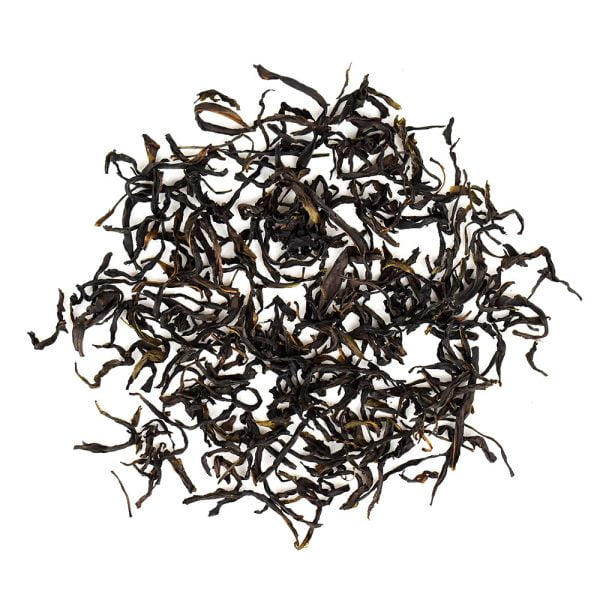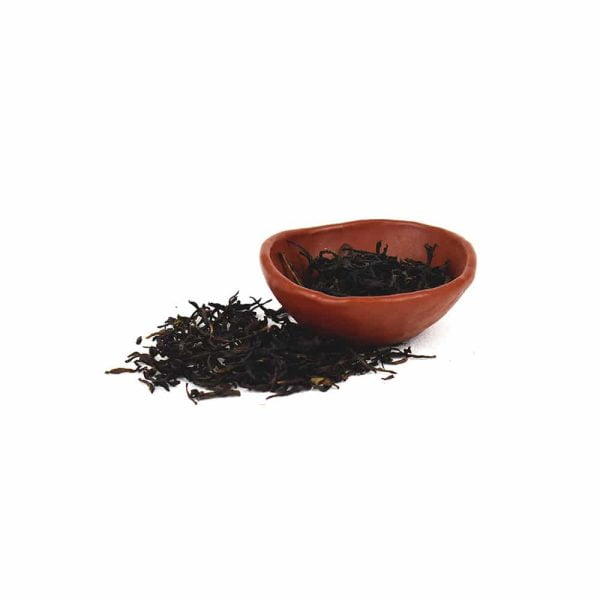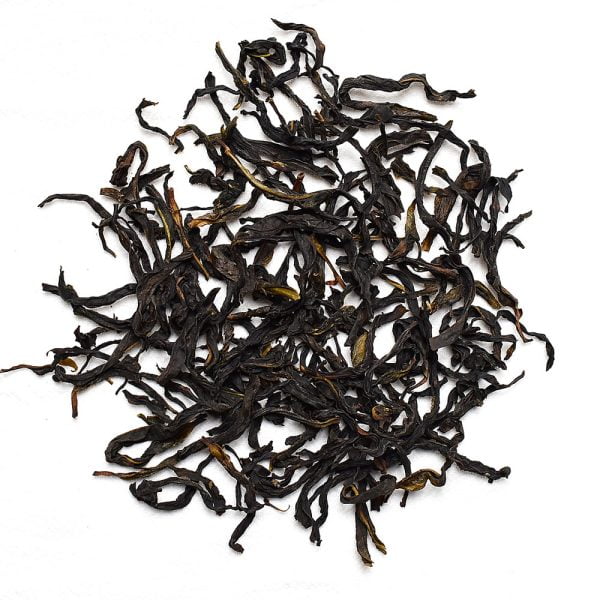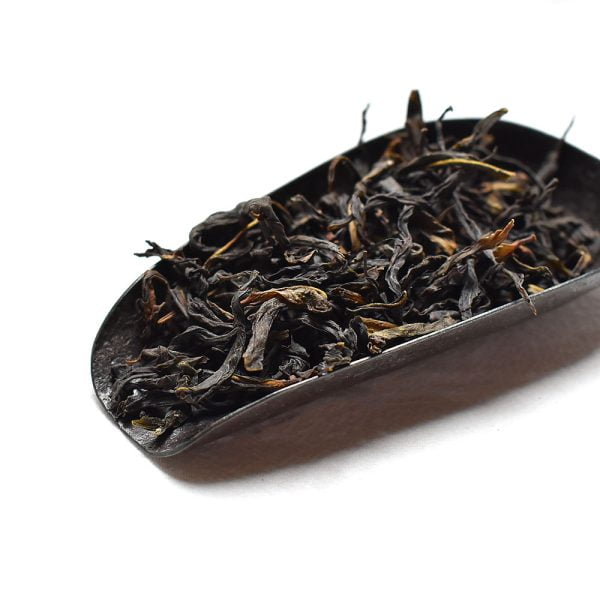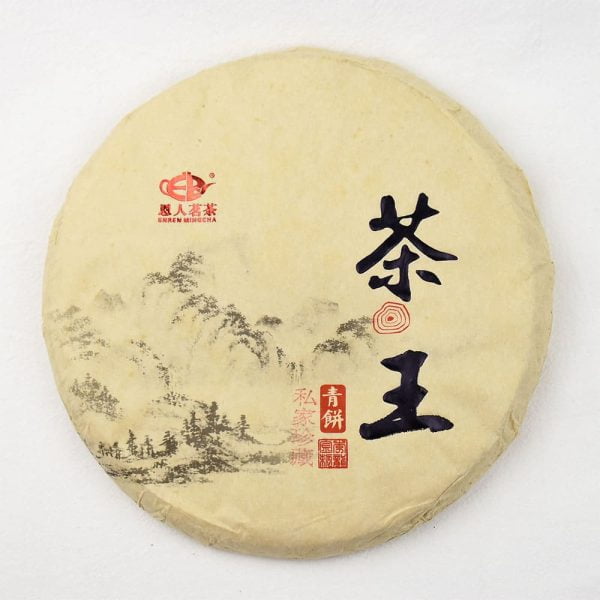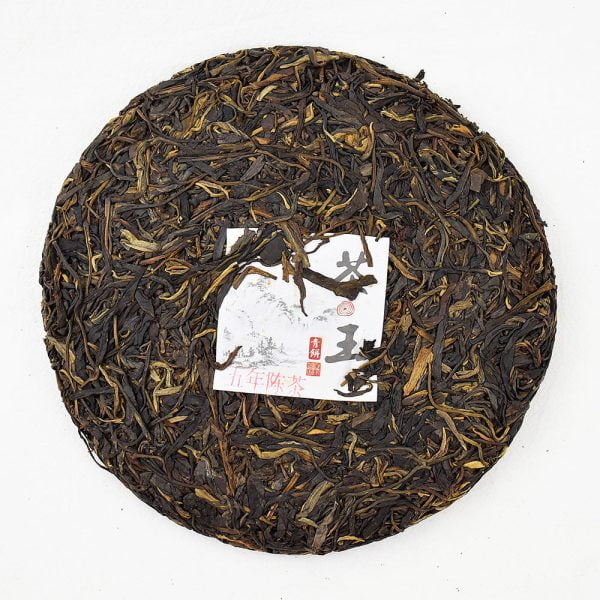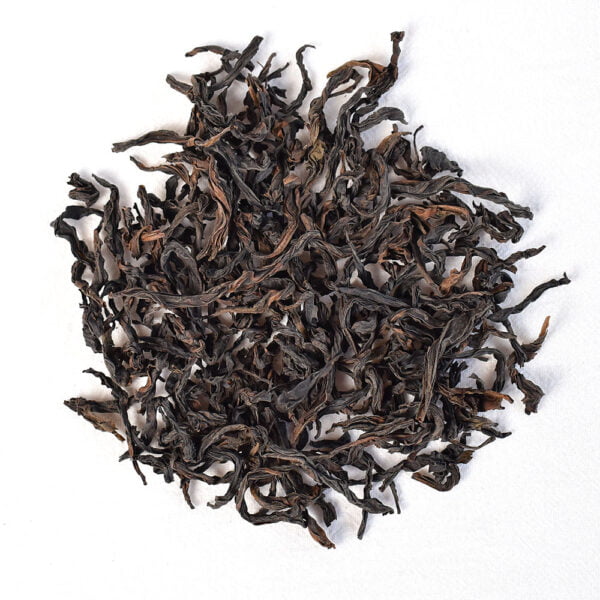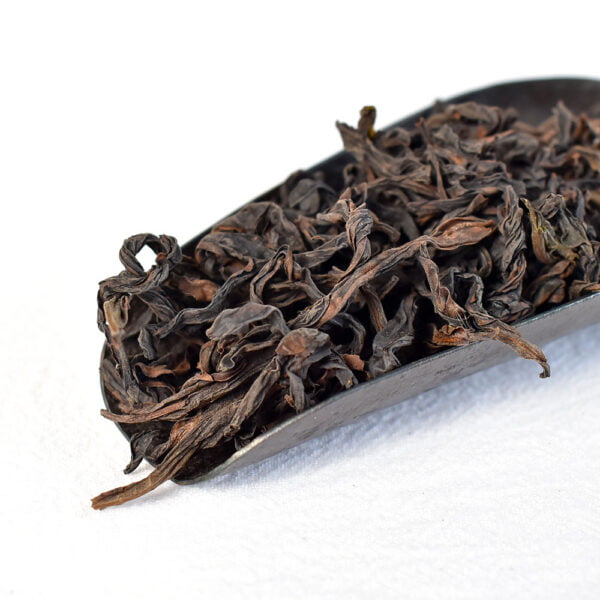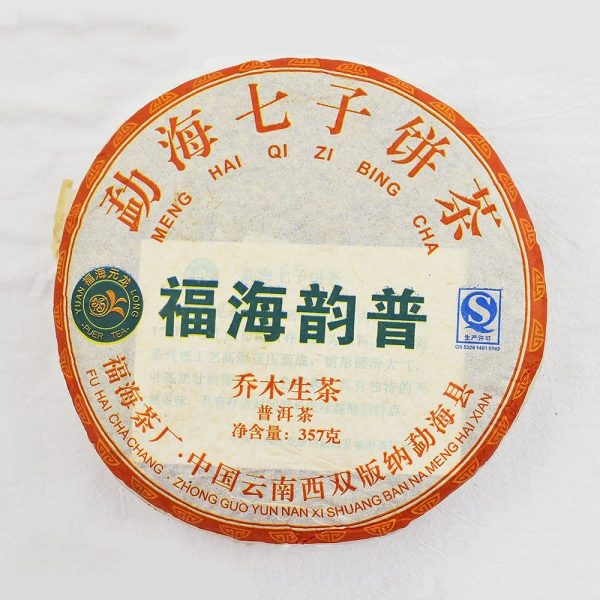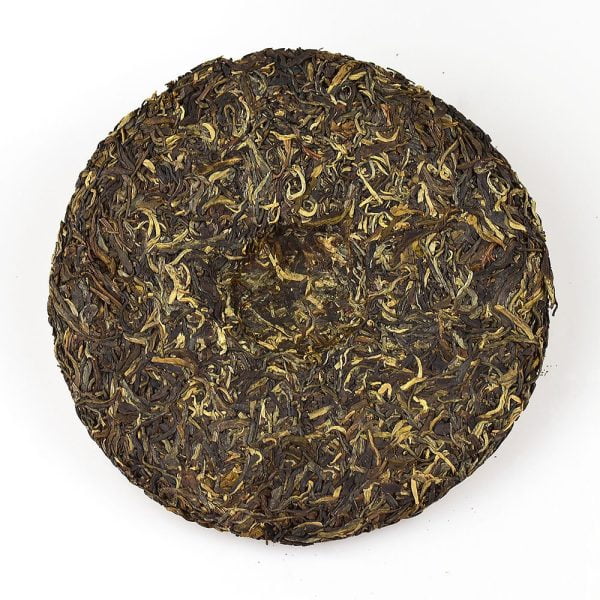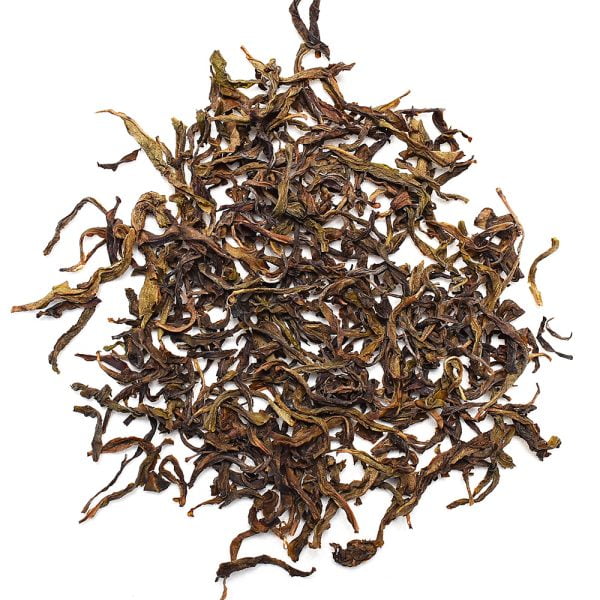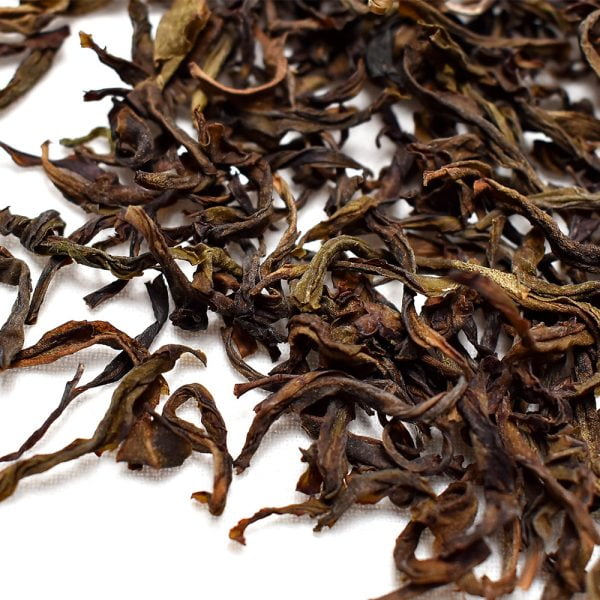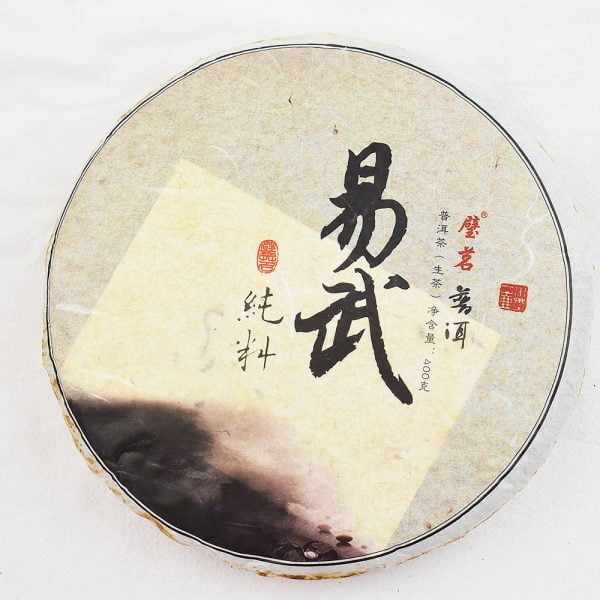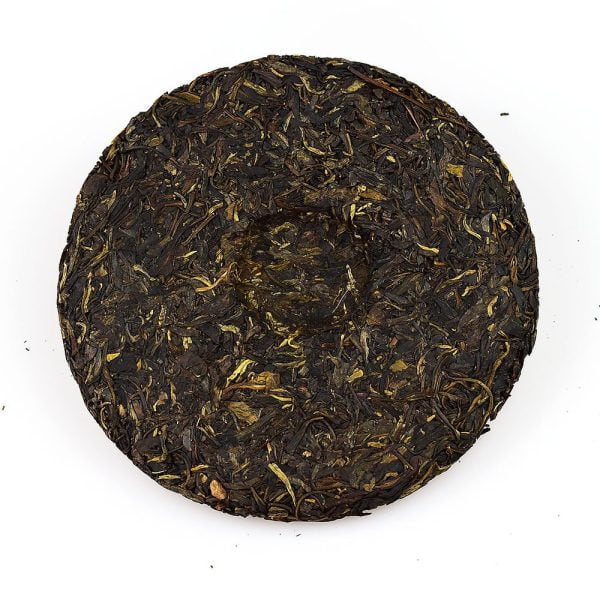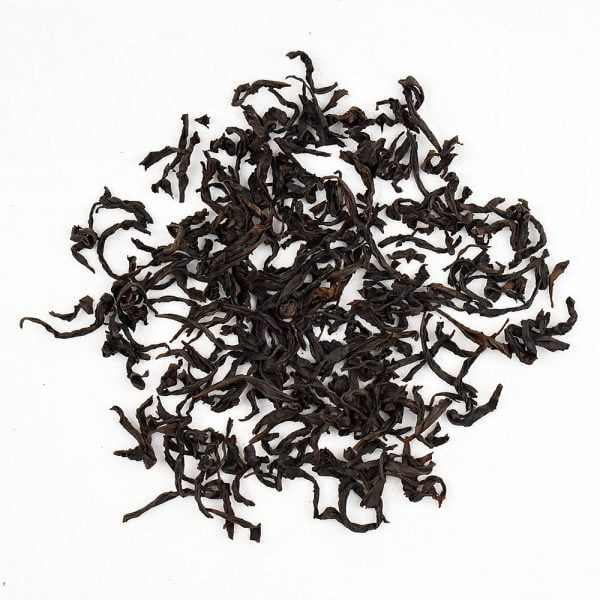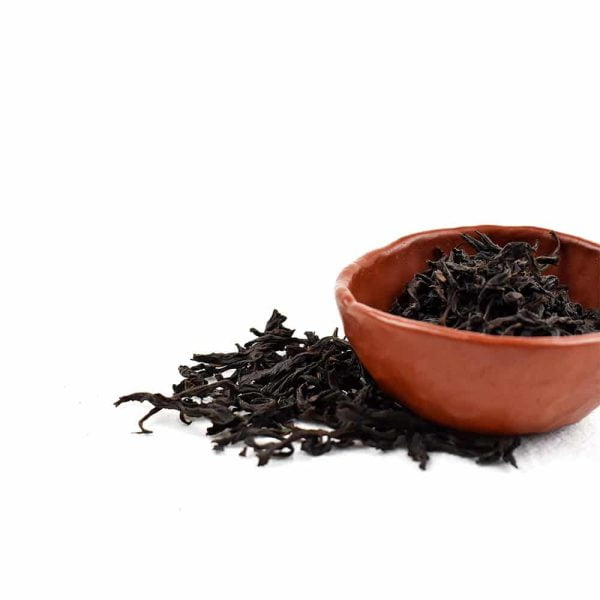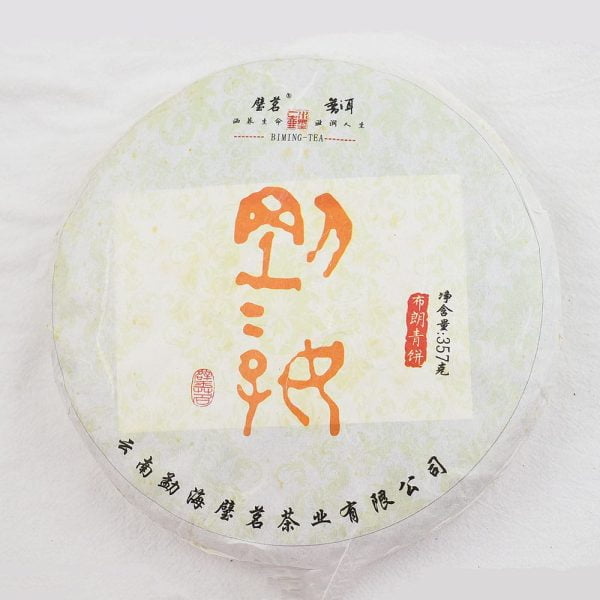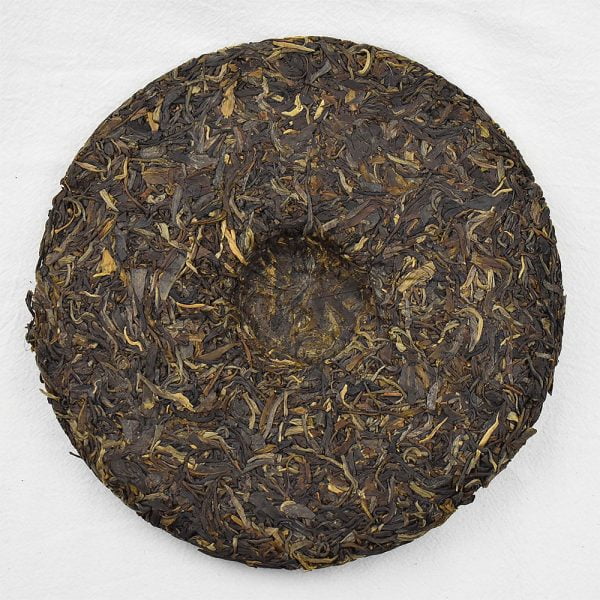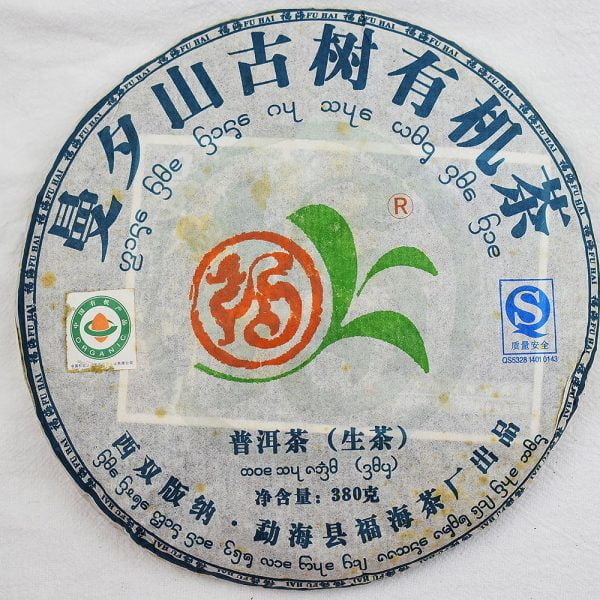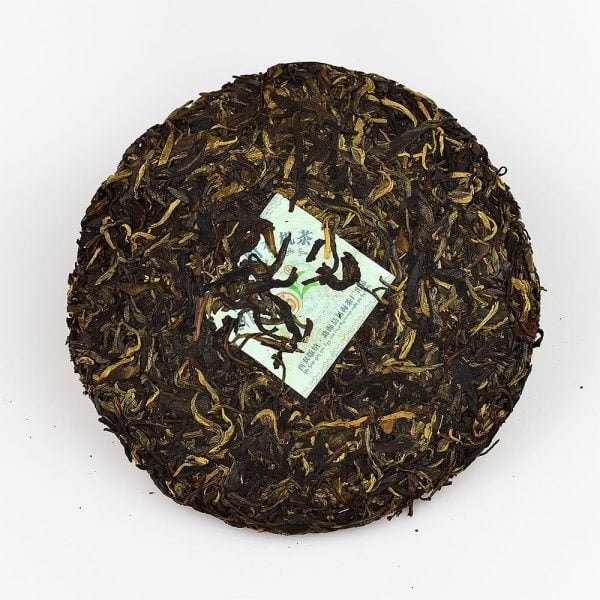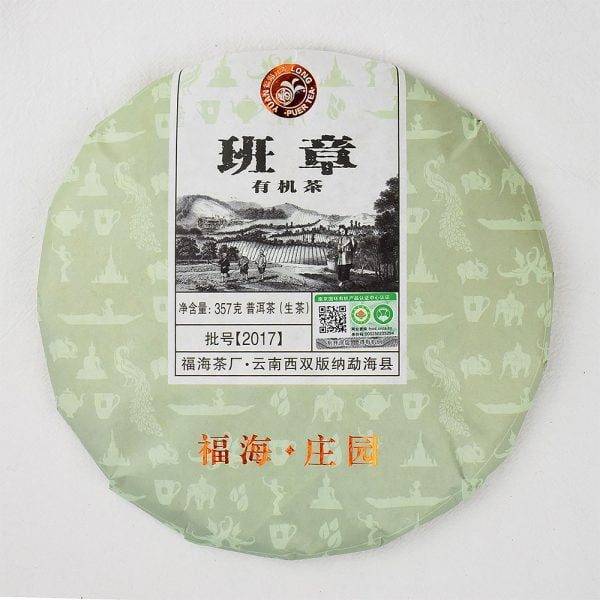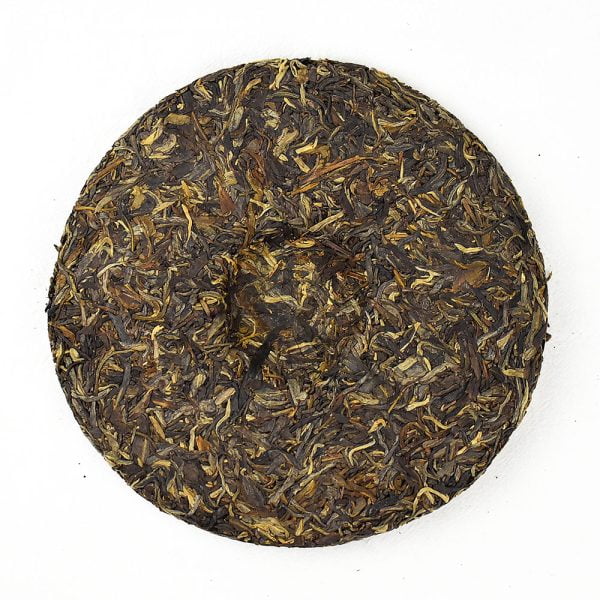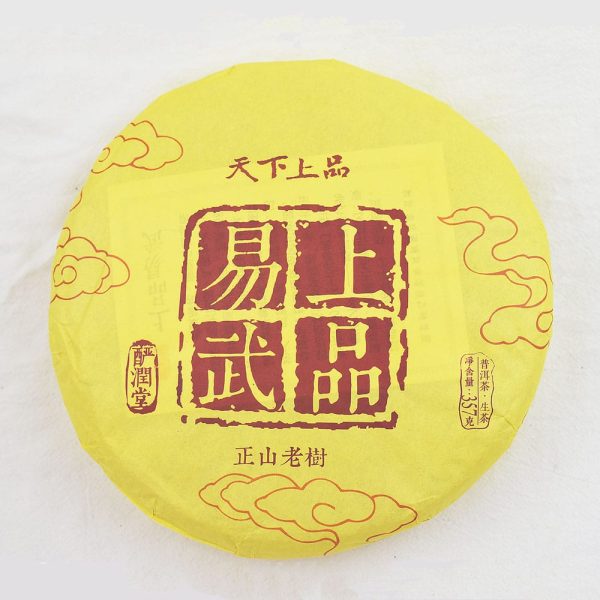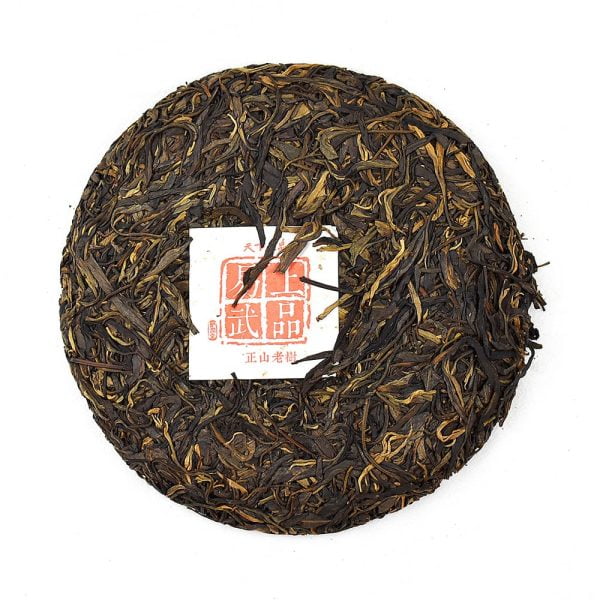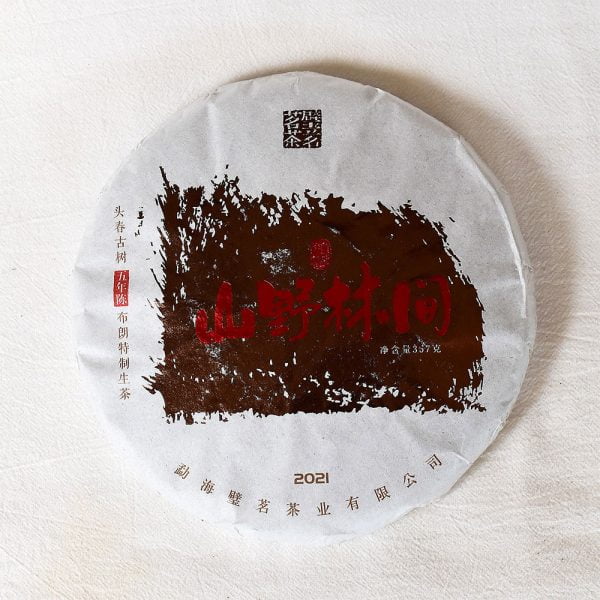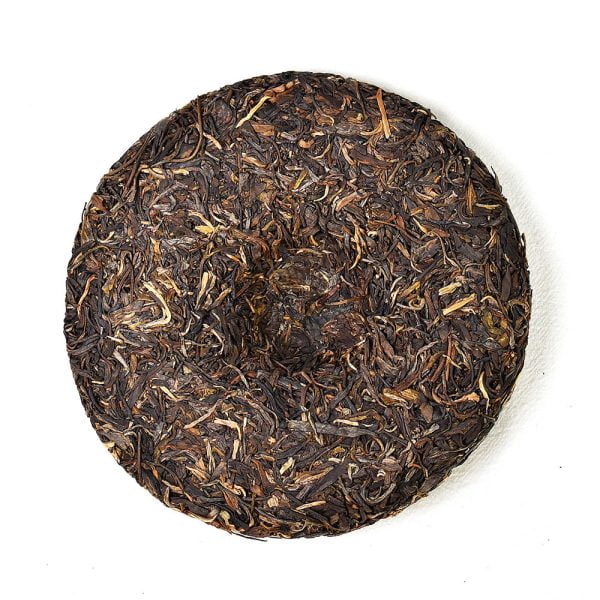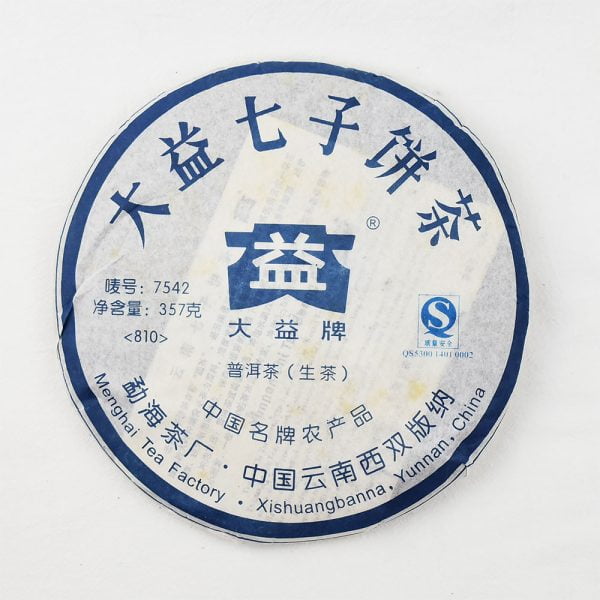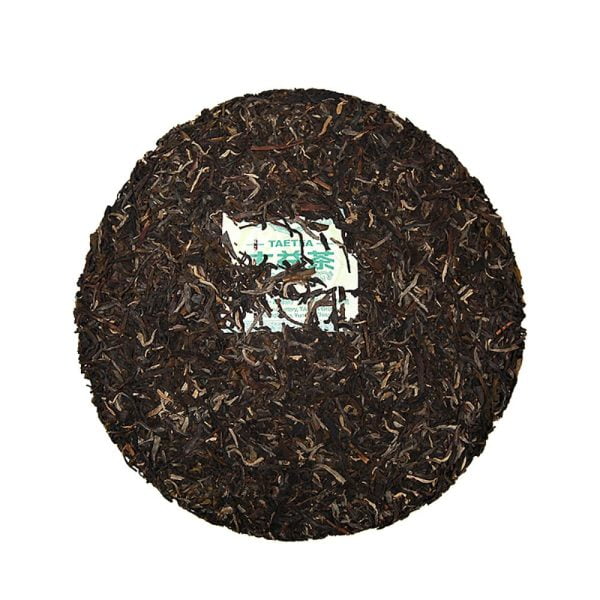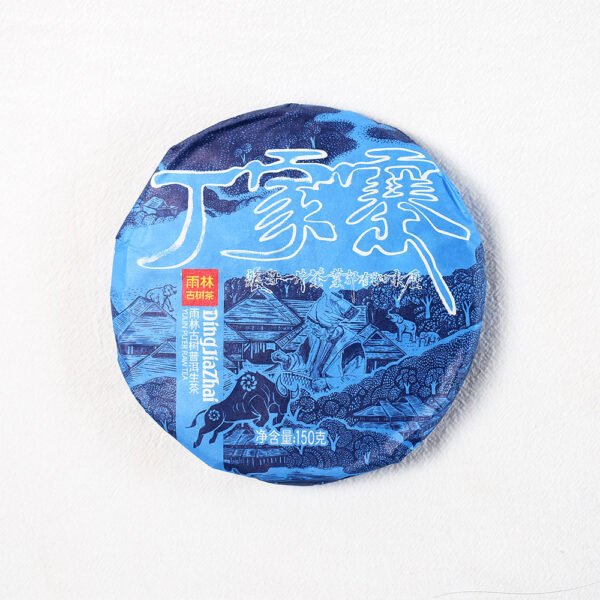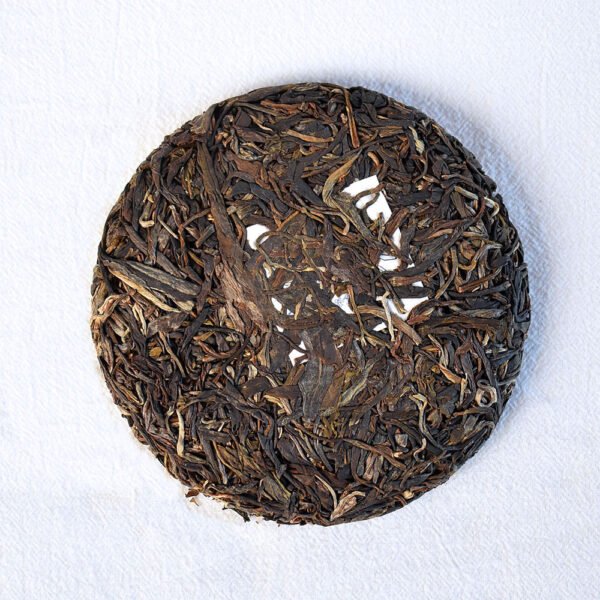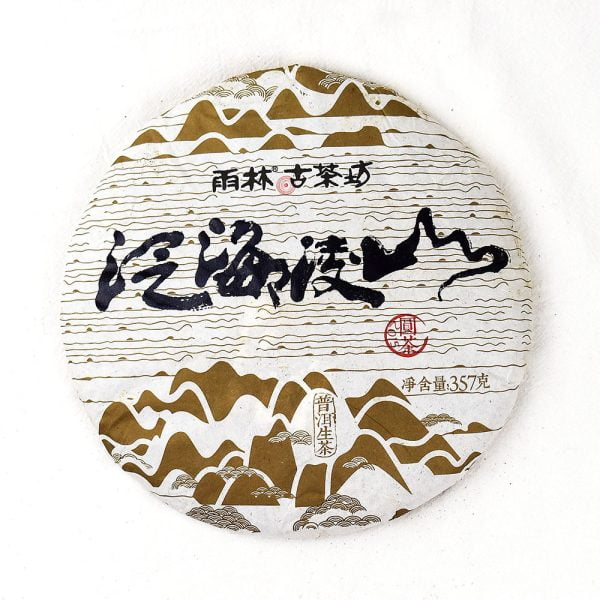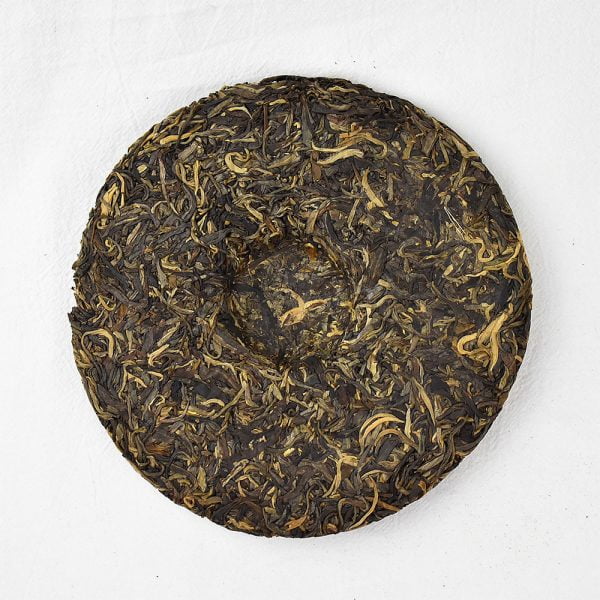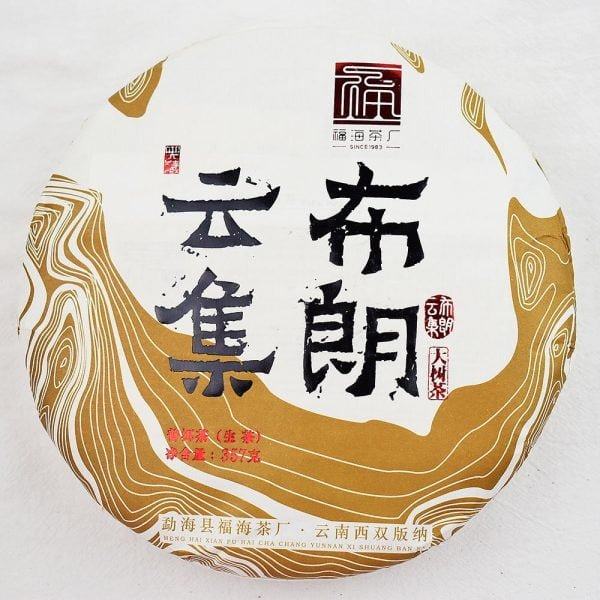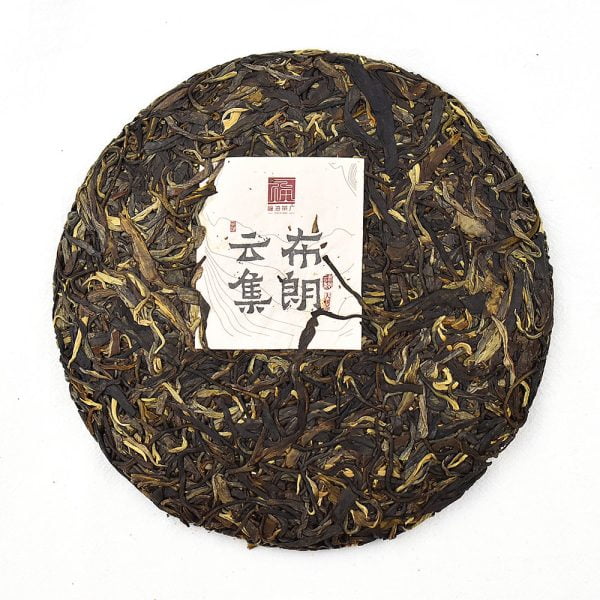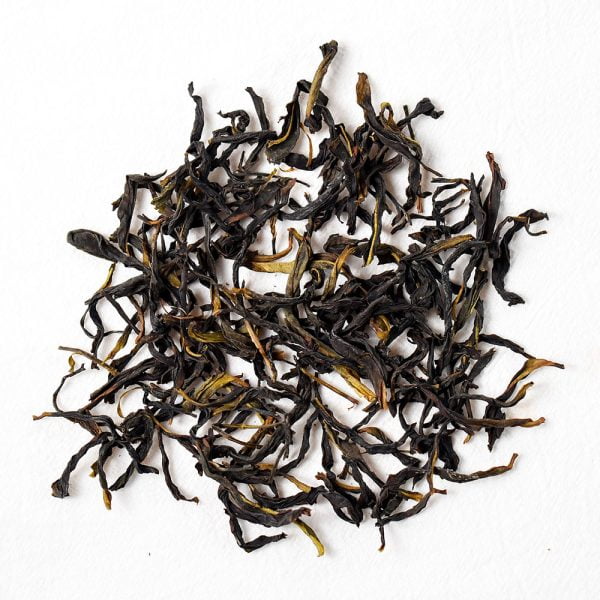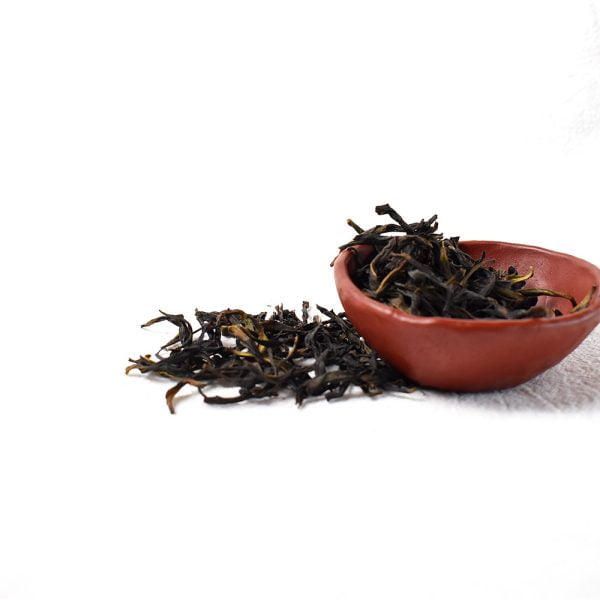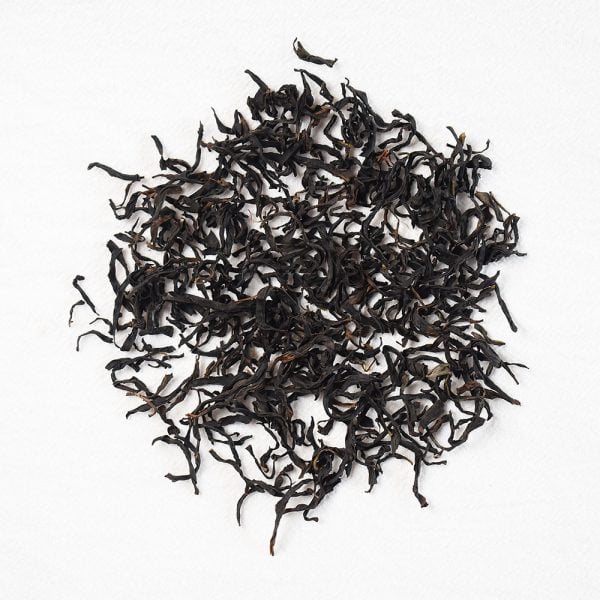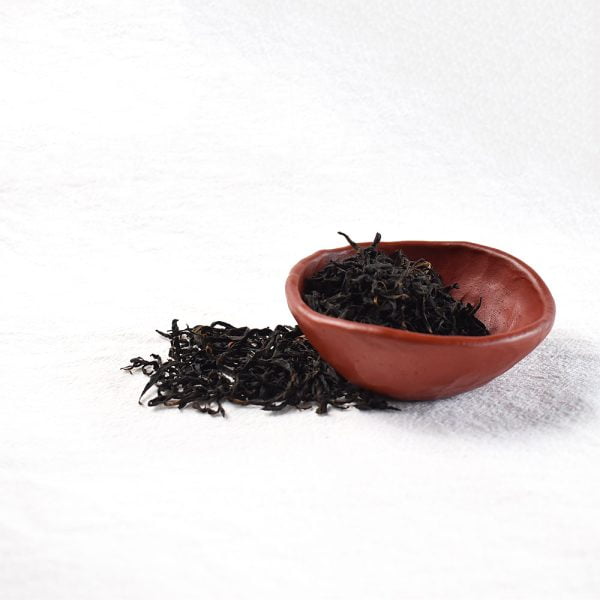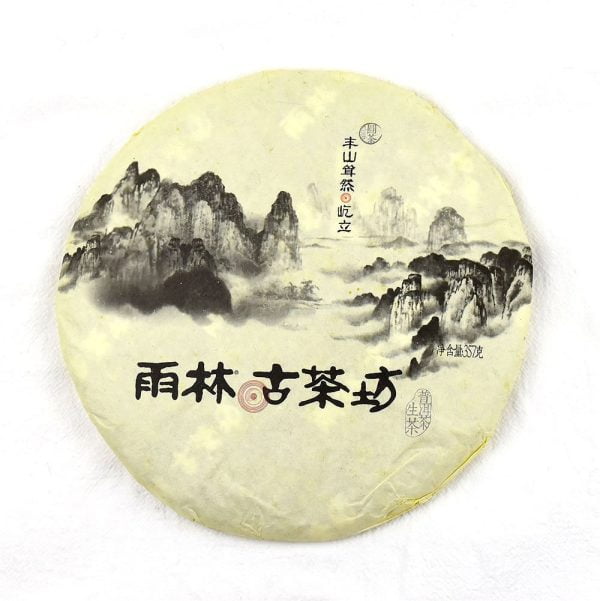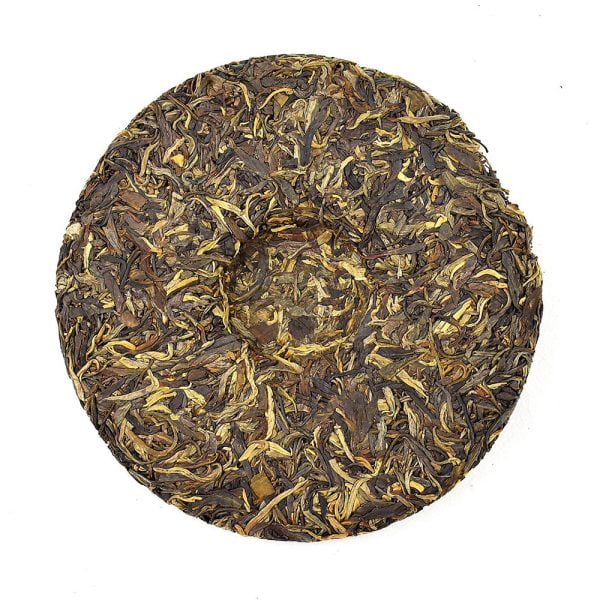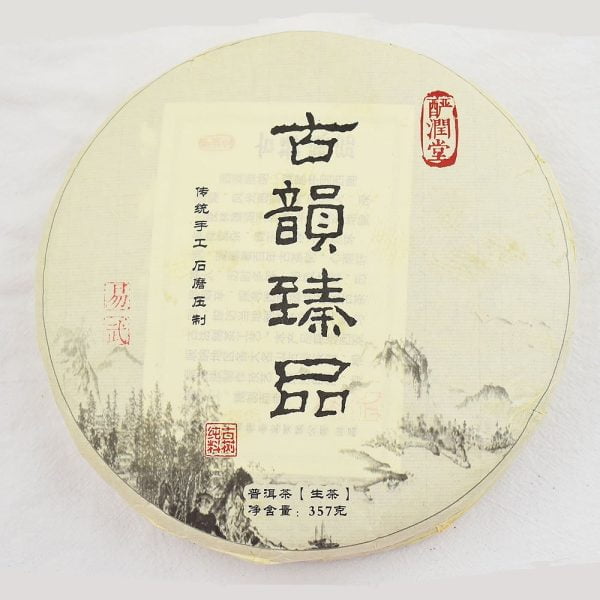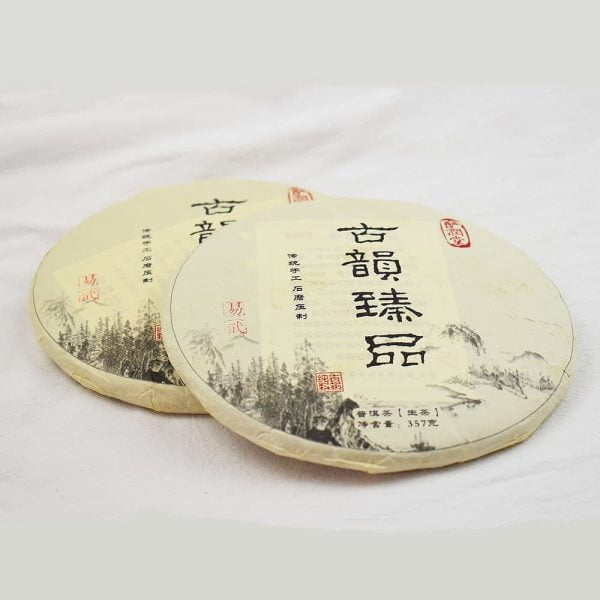Bitter taste tea refers to teas that naturally carry a firm, bold and structured character rooted in terroir, leaf variety and traditional processing. In Chinese tea appreciation, bitterness is not considered a flaw — it is a mark of strength, purity and depth, often followed by a returning sweetness prized in many classic teas. This category highlights teas chosen for their robust, traditional character shaped by mountain environments, ancient trees and skilled craftsmanship.
What Bitter Taste Tea Means
In Chinese tea terminology, ‘bitter’ (苦味) describes an initial firmness or assertiveness in the tea’s character. This bitterness is typically clean, direct and associated with substance and vitality within the leaf.
Many well-known mountain teas are admired for this early bitterness, which signifies strength, clarity and the natural expression of their environment.How Bitterness Develops in Tea
Bitterness can emerge through several natural and processing-related factors:
- Tea tree varietals: Large-leaf Yunnan trees and certain cliff-grown oolongs naturally develop stronger leaf compounds.
- High-mountain terroir: Sunlight, mineral-rich soil and altitude can contribute to firm, structured tea.
- Traditional processing: Techniques such as sun-drying for raw Pu-erh or controlled oxidation in certain oolongs can retain the leaf’s natural intensity.
- Mature tea trees: Ancient or wild tea trees often express pronounced bitterness due to their deeper root systems and concentrated nutrients.
These factors together create teas valued for depth and the complexity hidden beneath their initial bite.Regions Known for Bitter Taste Tea
Several famous tea regions across China are known for producing teas with strong, bitter-forward character:
- Yunnan’s ancient tea mountains, such as Yiwu, Bulang, Manxi and Dingjiazhai, where raw Pu-erh is traditionally bold and structured
- Wuyi Mountains in Fujian, home to powerful rock oolongs shaped by mineral cliffs
- Guangdong’s Phoenix Mountain, where Dan Cong oolongs are known for intensity and layered transformation
Your collection brings together these representative regions known for producing teas with a confident, traditional bitter profile.Tea Styles Commonly Found in This Category
Bitter taste tea is most commonly associated with:
- Raw Pu-erh, especially from ancient tree regions
- Wuyi rock oolongs, recognised for strength and mineral backbone
- Phoenix Dan Cong, known for bold character and mountain-driven intensity
These teas reflect long-standing Chinese appreciation for teas that begin with strength and evolve through repeated infusions.Why People Choose Bitter Taste Tea
Tea drinkers often choose bitter taste teas for their:
- Strong and invigorating character
- Traditional and unrestrained expression of terroir
- Clear, structured leaf energy associated with mountain-grown teas
- Satisfaction from teas that develop complexity with patience and practice
This category especially appeals to experienced drinkers who value authenticity and mountain intensity.Bitterness in Chinese Tea Culture
In Chinese philosophy and daily sayings, bitterness is linked with depth, resilience and honesty — qualities reflected in many mountain teas. The concept of ‘ku jin hui gan’ (苦尽回甘), meaning ‘after bitterness comes returning sweetness’, is a cornerstone of tea appreciation.
This cultural understanding elevates bitterness from a taste to a respected symbol of strength, clarity and transformation within the tea.Why Choose Bitter Taste Tea From Hey China
Our bitter taste selections include raw Pu-erh from renowned ancient-tea-tree regions, classic Wuyi rock oolongs and bold Phoenix Dan Cong varieties. Each tea is chosen for its genuine mountain character, traditional processing and the authentic expression of strength valued in Chinese tea culture.





